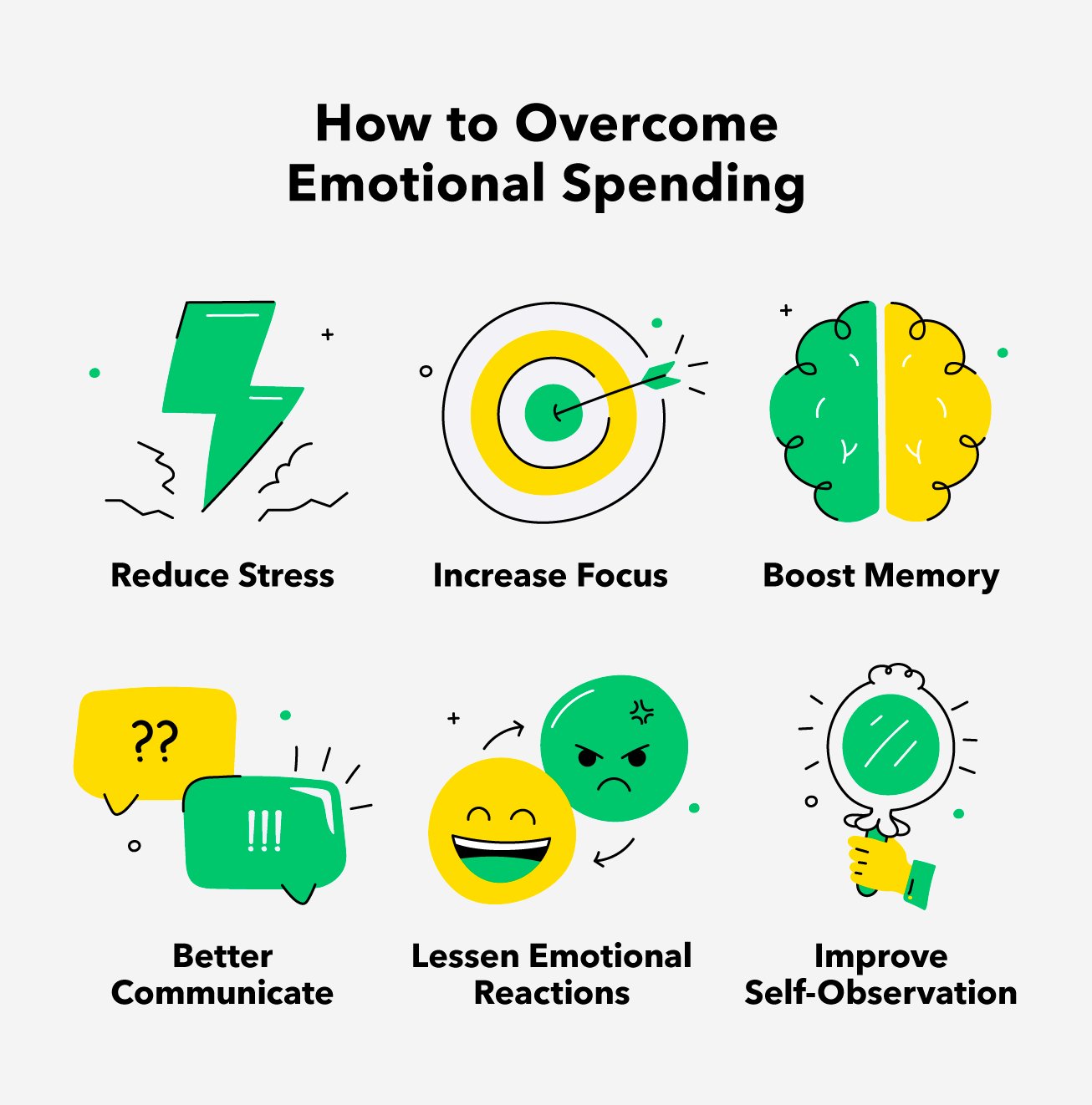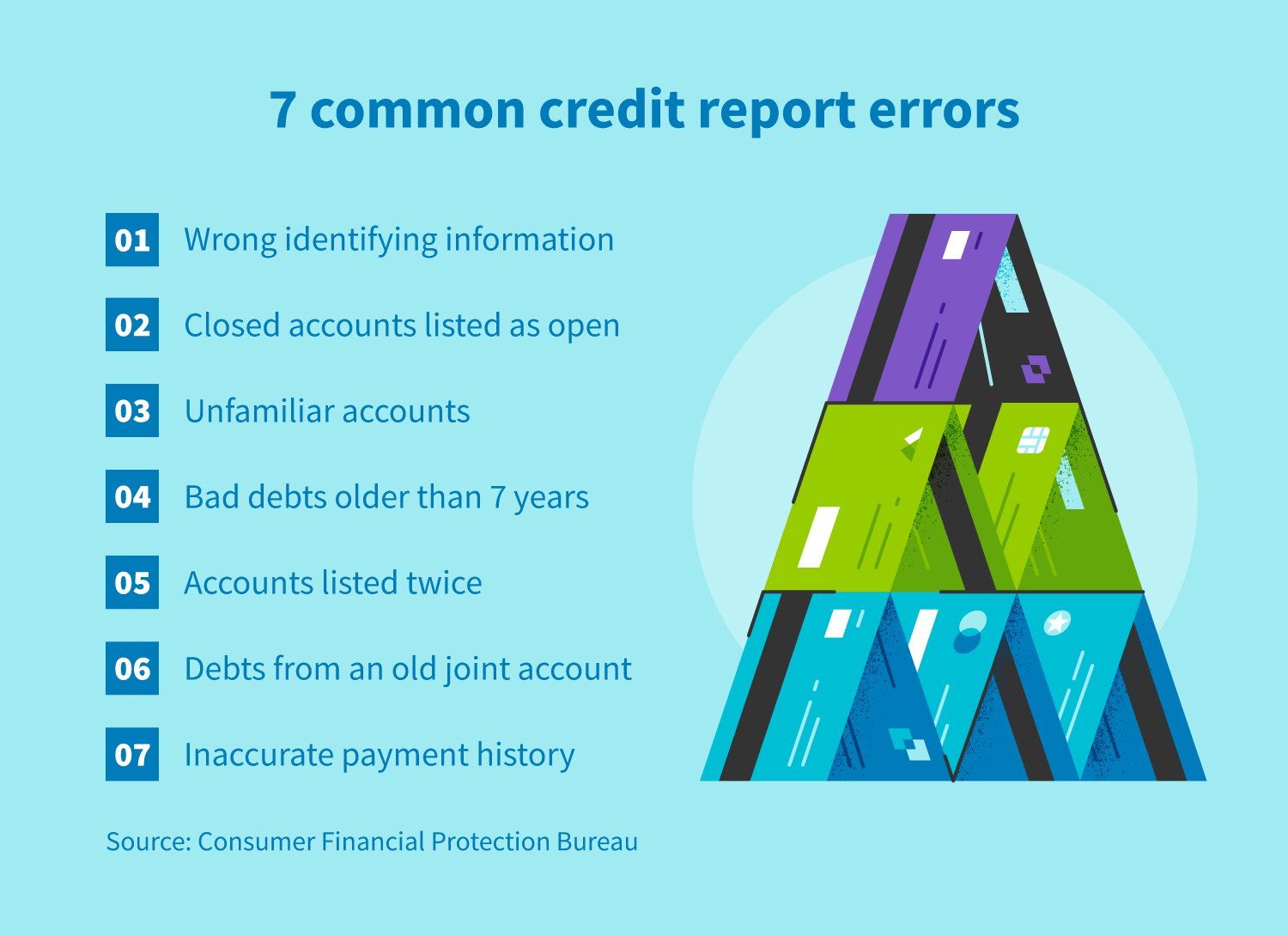Are you tired of impulsively spending your hard-earned money on items you don’t really need, simply because your emotions got the better of you? You’re not alone. Emotional spending can have a significant impact on our finances, often leading to regret and financial stress. But fear not! In this article, we’ll provide you with practical tips for avoiding emotional spending and regaining control over your financial well-being. So, if you want to learn how to curb those impulsive shopping urges and make more mindful purchasing decisions, keep reading. These tips for avoiding emotional spending will help you develop healthier financial habits and achieve greater peace of mind.
Tips for Avoiding Emotional Spending
Introduction
Emotional spending, also known as retail therapy, is the act of making impulsive purchases as a way to cope with negative emotions or seek temporary happiness. It can often lead to financial stress and regret. If you find yourself falling prey to emotional spending, worry not! In this article, we will explore effective tips and strategies to help you avoid emotional spending and regain control over your finances. So, let’s dive in!
1. Understand Your Triggers
Before we can address emotional spending, it’s important to identify the triggers that lead to it. Everyone has different emotional triggers that may prompt them to engage in retail therapy. It could be stress, boredom, sadness, loneliness, or even a desire to reward oneself. Take some time to reflect on your personal triggers and make a list of them. Understanding these triggers will enable you to better combat them when they arise.
2. Create a Budget
A solid budget is essential for managing your finances and curbing emotional spending. Start by calculating your monthly income and fixed expenses such as rent, bills, and groceries. Allocate a portion of your income towards savings and any outstanding debts. Set realistic limits for discretionary spending, including a separate category for non-essential purchases. This way, you will have a clear overview of your finances and be less likely to overspend impulsively.
3. Practice Delayed Gratification
One effective strategy to avoid emotional spending is to practice delayed gratification. When you feel the urge to make an impulsive purchase, give yourself a cooling-off period. Wait for at least 24 to 48 hours before making the decision to buy. This time allows you to reassess your emotions and consider if the purchase is truly necessary. Often, you’ll find that the urge fades away, saving you from potential regret and unnecessary expenses.
4. Track Your Spending
Keeping track of your expenses is crucial for understanding your spending patterns and identifying areas where you tend to emotionally splurge. Use smartphone apps or budgeting tools to record each purchase and categorize them accordingly. Regularly reviewing your spending habits will help you become more aware of where your money is going and the emotional triggers associated with certain purchases.
5. Embrace Mindfulness
Practicing mindfulness can be a powerful tool for curbing emotional spending. Mindfulness involves being fully present and aware of your thoughts, feelings, and impulses in the moment. When you notice the urge to engage in emotional spending, take a pause and ask yourself why you feel the need to make that purchase. By examining your emotions, you can better understand if the desire to buy is genuine or just a result of seeking temporary relief.
6. Build a Support System
Having a support system in place can significantly aid in overcoming emotional spending habits. Share your goals and challenges with trusted friends or family members who can offer guidance and hold you accountable. Consider joining online communities or support groups dedicated to financial wellness, where you can connect with like-minded individuals who are also working towards avoiding emotional spending.
7. Find Healthy Alternatives
Instead of resorting to emotional spending, seek out healthier alternatives to cope with negative emotions. Engage in activities that bring you joy and fulfillment without draining your bank account. Some examples include going for a walk in nature, reading a book, practicing a hobby, or spending quality time with loved ones. By finding alternative ways to manage your emotions, you can break the cycle of emotional spending and make more conscious choices.
8. Unsubscribe and Unfollow
Constant exposure to advertisements and sales promotions can fuel the desire to indulge in emotional spending. To reduce temptation, unsubscribe from retailer newsletters and unfollow brands on social media that tend to trigger impulsive purchases. Instead, curate your online experience to be more focused on personal growth, financial education, or other areas that align with your long-term goals.
9. Seek Professional Help if Needed
If you find it challenging to control your emotional spending despite your best efforts, don’t hesitate to seek professional help. Consider consulting a financial advisor, therapist, or counselor who specializes in behavioral finance. They can provide personalized advice and strategies to address the root causes of emotional spending and develop healthier financial habits.
10. Celebrate Small Victories
Finally, remember to celebrate your progress along the way. Overcoming emotional spending is not an overnight process, and setbacks may occur. Acknowledge and appreciate the small victories, such as successfully resisting an impulse purchase or sticking to your budget for the month. Rewarding yourself for your achievements will reinforce positive behavior and motivate you to continue on your path towards financial well-being.
Avoiding emotional spending is a journey that requires self-awareness, discipline, and the willingness to make conscious choices. By understanding your triggers, creating a budget, practicing delayed gratification, and embracing mindfulness, you can regain control over your finances and cultivate healthier spending habits. Remember, it’s not about completely depriving yourself, but rather finding a balance between emotional well-being and financial stability. Stay committed to your goals, seek support when needed, and celebrate the progress you make along the way.
How Do I Control My Emotional Spending?
Frequently Asked Questions
Frequently Asked Questions (FAQs)
1. How can I stop myself from emotional spending?
One effective strategy to avoid emotional spending is to create a budget and stick to it. By setting financial limits and prioritizing your needs over wants, you can resist impulsive purchases driven by emotions.
2. Are there any alternatives to shopping when feeling emotional?
Absolutely! Instead of shopping, try engaging in activities that bring you joy without spending money. Examples include going for a walk, practicing a hobby, spending time with loved ones, or exploring nature.
3. What can I do if I feel the urge to shop impulsively?
If you find yourself tempted to make a spontaneous purchase, take a moment to pause and reflect. Ask yourself if the item is truly necessary and if it aligns with your financial goals. Consider implementing a waiting period of 24 hours before making any unplanned purchases.
4. How can I manage my emotions without resorting to shopping?
It’s important to find healthy ways to cope with emotions instead of turning to shopping. Some effective alternatives include practicing mindfulness, journaling, meditating, exercising, or talking to a friend or therapist.
5. How can I differentiate between emotional and necessary purchases?
To distinguish between emotional and necessary purchases, ask yourself if the item fills a genuine need or if it is driven by an emotional impulse. Consider the long-term value of the item and whether it aligns with your financial goals and priorities.
6. Can budgeting help me avoid emotional spending?
Absolutely! Budgeting is a powerful tool to prevent emotional spending. By tracking your expenses and having a clear understanding of your financial situation, you can make informed decisions and prioritize your spending accordingly.
7. Are there any strategies to curb impulsive buying habits?
Yes, there are several strategies you can employ. Some examples include creating a shopping list and sticking to it, unsubscribing from retail newsletters, avoiding window shopping, and practicing delayed gratification by saving up for desired items instead of buying them right away.
8. What role does self-awareness play in avoiding emotional spending?
Self-awareness is crucial in preventing emotional spending. By recognizing your triggers and understanding the underlying emotions driving your urge to shop, you can develop healthier coping mechanisms and make more mindful purchasing decisions.
Final Thoughts
In conclusion, by following some simple tips for avoiding emotional spending, you can regain control of your finances and make more mindful purchasing decisions. Firstly, recognize your triggers and identify your emotions before indulging in any impulsive buying. Secondly, create a budget and stick to it, allowing yourself room for occasional treats without going overboard. Thirdly, practice patience and delay gratification by waiting 24 hours before making a purchase. Lastly, surround yourself with a support system that encourages responsible spending and helps keep you accountable. By implementing these strategies, you can curb emotional spending and improve your financial well-being. Tips for avoiding emotional spending are essential for maintaining a healthier relationship with money.



